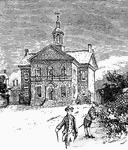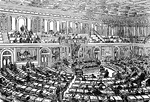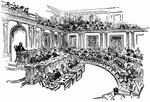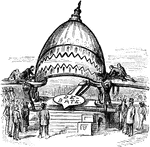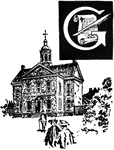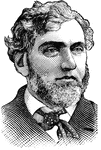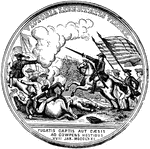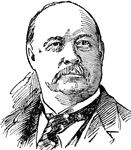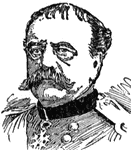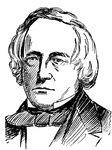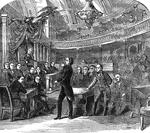Clipart tagged: ‘Congress’
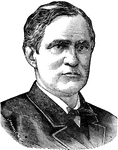
Thomas F. Bayard
"Thomas Francis Bayard was born in Wilmington, Del., October 29, 1828." —The Popular Cyclopedia,…
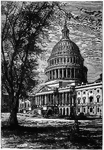
Capitol Building
The United States Capitol serves as the seat of government for the United States Congress, the legislative…

First naval battle
"First naval battle in Hampton Roads between the Confederate iron-plated steamers Merrimac, Yorktown,…

Medal Awarded by Congress in Commemoration of the Capture of La Vengeance by the Constellation
In February 1800 Constellation fought a night encounter with the frigate La Vengeance.…
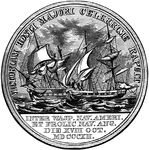
Gold Medal Awarded to Jacob Jones
The Congressional Gold Medal awarded to Commodore Jacob Jones. an officer in the United States Navy…
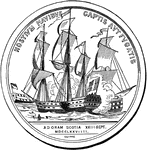
Gold Medal Awarded to John Paul Jones (Back)
The Congressional Gold Medal awarded to John Paul Jones, America's first well-known naval fighter in…
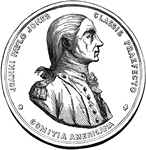
Medal Awarded to John Paul Jones (Front)
The Congressional Gold Medal awarded to John Paul Jones, America's first well-known naval fighter in…
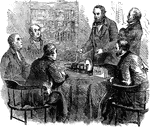
Samuel Morse
Samuel Morse explaining his telegraph to members of Congress. Morse made his last trip to Washington,…

A Page
"But who are the little boys with the silver badges about the size of a half-dollar on their coats,…
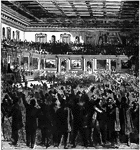
Passage of the Amendment to the Constitution Prohibiting Slavery
A view of Congress passing the amendment to the constitution prohibiting slavery.

Reichstag
"It is a gorgeous structure decorated with statues, carvings, and gold leaf, situated close by the Thiergarten."…

Room in which Congress met in Carpenters' Hall
Carpenters' Hall is a four-story brick building in Center City Philadelphia, Pennsylvania which played…
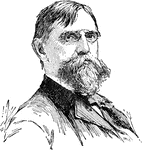
Benjamin Franklin Wade
Benjamin Franklin "Bluff" Wade (October 27, 1800 – March 2, 1878) was a U.S. lawyer and United States…
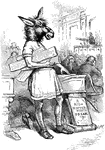
Weaver and Greenbacks Ignored
J. B. Weaver of the Greenback Party is ignored by Speaker Randall and the Congress.
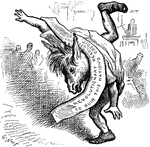
Weaver and Greenbacks Recognized
Greenback the Weaver in delight at being recognized by Speaker Randall and Congress.
